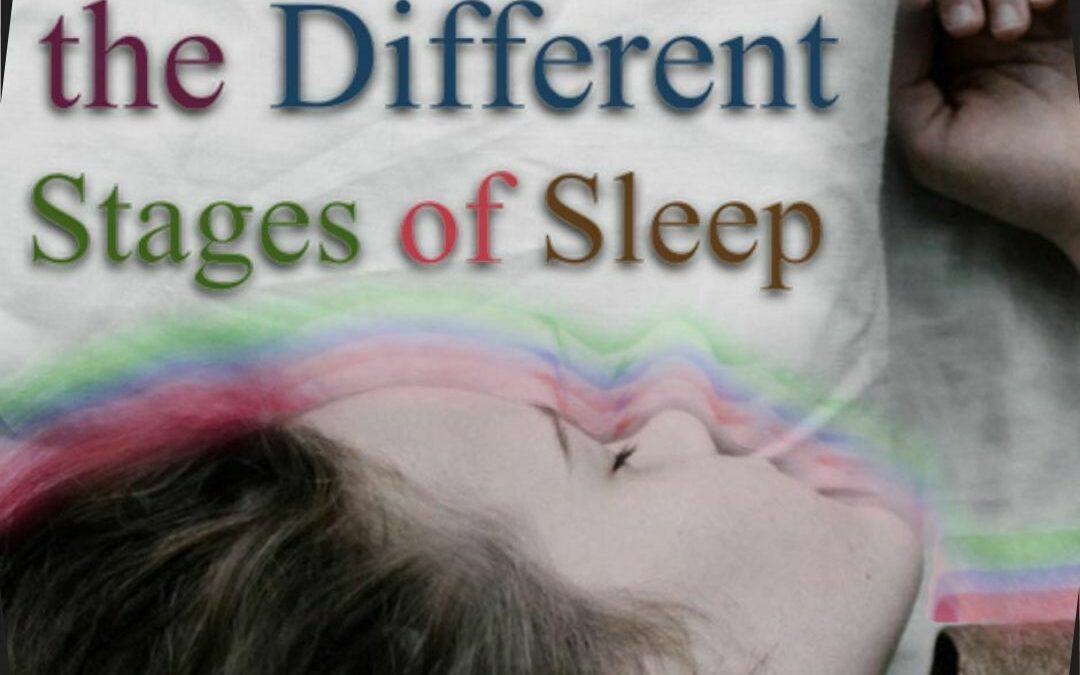Each night when you go to sleep, your body and mind goes through a lot of changes. Each sleep cycle change occurs during a different stage of sleep.
Stage One – Light Stage Sleep
The first stage of sleep is naturally the lightest sleep. People experience this when they take a brief nap in the daytime. During the light stage of sleep, your eye movements will start to slow down, and while you are slightly unconscious, you are also a little alert.
If you have ever drifted off while in bed or lying on the couch, but are instantly alerted to what’s going on a minute or two later? That’s because you were caught in the first stage of sleep. Some people have jerky body movements as well, especially when going between stage one and two of sleep.
Stage Two – Preparing for Deep Sleep
When you get through stage one, your body starts preparing for a deeper sleep. This is stage two; your eye movement has stopped and your brain waves start to slow down. Your body temperature will also likely drop in order to prepare for a deeper sleep.
Stage two is still a lighter sleep cycle since you are not yet in a deep sleep yet. Your heart rate slows down, and there is an increase in brain wave activity. If you are trying to take a short nap, you wouldn’t want to get past stage two, or it would be hard to wake back up without an alarm.
Stage Three – Beginning of Deep Sleep
The start of the deep sleep cycle occurs in the third sleep stage. Your brain produces waves called slower delta waves. Do you struggle with sleep walking or talking in your sleep? If so, it will probably occur in stage three or four, but rarely during REM sleep (the final stage).
When you reach the third sleep stage, it is harder to wake up. You won’t be as responsive to sounds and other distractions, only waking to a loud noise or other sudden alert. You might not even hear your alarm clock right away.
Stage Four – Continuing Deep Sleep
The final stage of sleep before you reach REM sleep is stage four, where you continue with your deep sleep. Your brain is still producing those delta waves, though it is more continuous and long-lasting than in stage three. If you wake up while in stage four of sleep, you tend to be very sleepy and a bit disoriented.
Stage Five REM Sleep – Rapid Eye Movement
Finally, you reach the fifth stage – REM sleep, which is the deepest form of sleep. It typically occurs between 1 and 2 hours after you have fallen asleep and gone through the other 4 stages of sleep.
When you have an REM sleep cycle (Which there are several each night), you might have dreams, and if someone were to look at your eyelids, they would see your eyes moving back and forth. Your heart rate increases and your breathing is sometimes faster.
REM sleep is important for everyone no matter your age. It helps you process information from the previous day for long-term storage, and it helps your body to fully rest. If you never dream, you might not be getting REM sleep.
Here’s to a good night’s sleep!








